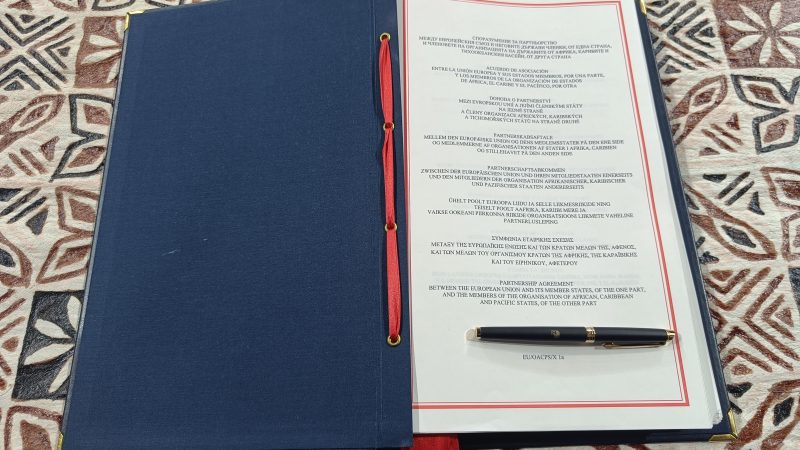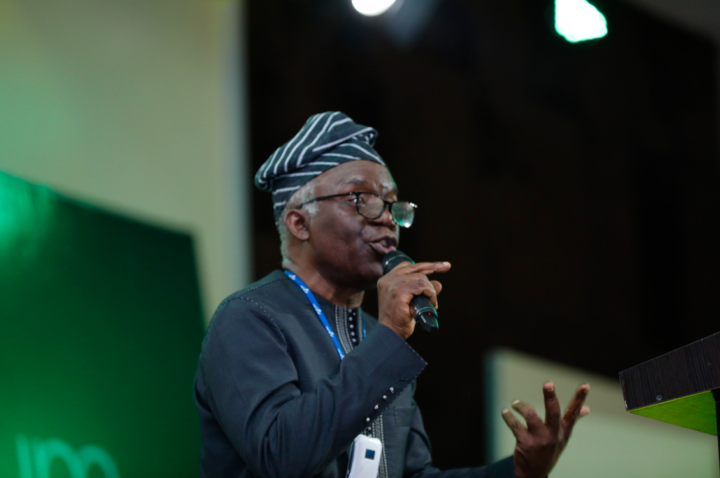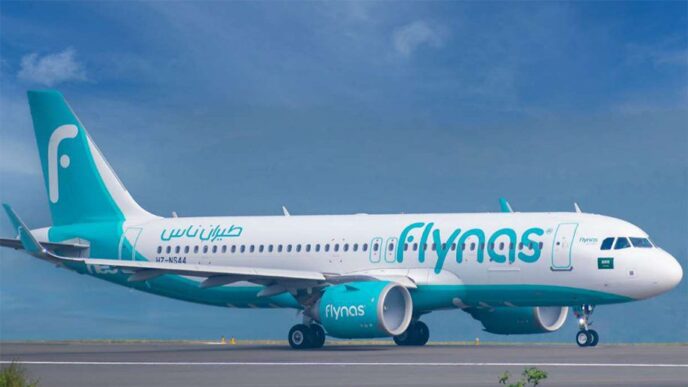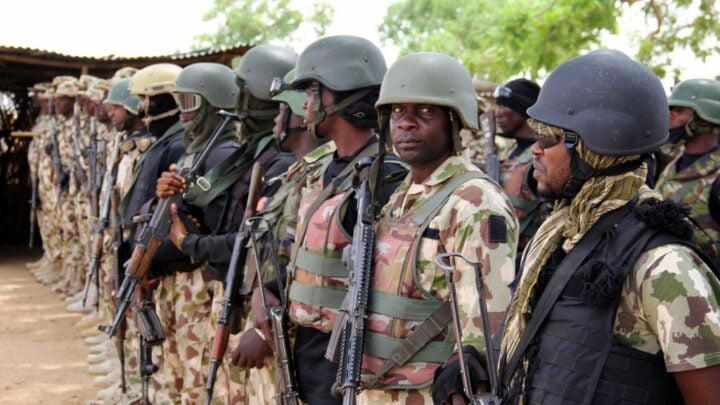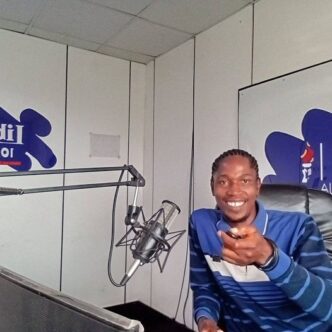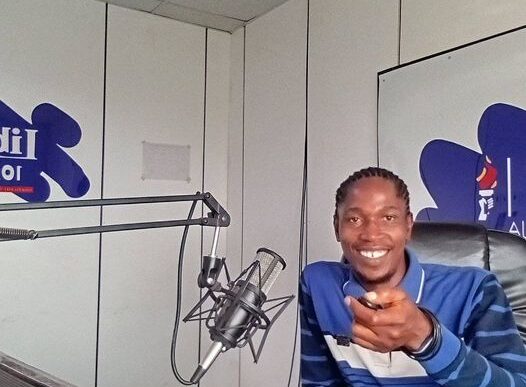Rabiu Yusuf, a member of the house of representatives representing Sumaila/Takai constituency, Kano, says Nigeria can agree to favourable parts of the Samoa agreement.
The Samoa Agreement is a partnership between the member countries of the Organisation of Africa, Caribbean, and Pacific States (OACPS) and the European Union (EU).
The agreement is intended to serve as an overarching legal framework for relations between the African, Caribean, and Pacific states (ACP) and the European Union (EU).
The partnership is one of the oldest and most comprehensive frameworks for cooperation between the EU and third countries and succeeds the Cotonou Agreement signed in 2000.
Advertisement
Member states of the pact comprise 47 African countries, including Nigeria, 16 from the Caribbean, 15 Pacific nations, and the Republic of the Maldives.
However, Nigeria opted out of signing the pact in November last year after some civil society organisations (CSOs) and groups raised concerns about Article 9 of the agreement, which says “respect for human rights, democratic principles, and the rule of law shall … constitute an essential element of this Agreement”.
The groups said the partnership was a “subtle introduction of lesbian, gay, bisexual, transgender, and queer (LGBTQ)” into the country.
Advertisement
On the whole, the pact covers subjects such as sustainable development and growth, human rights, and peace and security.
Yusuf, who is the chairman of the house committee on treaties, protocol, and agreements, said the agreement has been a difficult subject to discuss owing to the subtle ways it tests the country’s values.
Speaking on Thursday during a webinar organised by the Centre for Journalism Innovation and Development (CJID) on considerations for Nigeria’s participation in the Samoa Agreement, the lawmaker noted that the pact also has benefits for the country.
“There are risks, but we need to analyse to know what outweighs the others to drive engagement with the EU and other Pacific countries,” Yusuf said.
Advertisement
“We can make domestication conditional. The fear is that it (LGBTQ) is being given a clever and modified term. We don’t want to take it hook, line, and sinker without understanding. I think it goes against our laws.”
Listing the advantages of the agreement, Asabe Adahi, the programme manager at the Kukah Centre, said human and technical expertise and developmental aid are beneficial to the country.
Adahi expressed scepticism about the subject of human rights.
“For once, I think I am happy we are holding back on signing. If you read the treaty, it’s quite ambiguous,” Adahi said.
Advertisement
“When you look at issues, particularly human rights, you have to look at what is important for you as a country.”
She said Nigeria needs to do an analysis of what it needs from the pact and increase its negotiating power.
Advertisement
Add a comment
